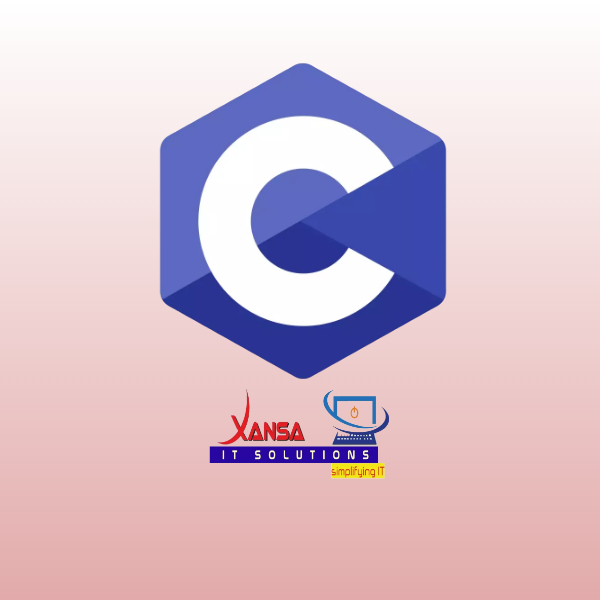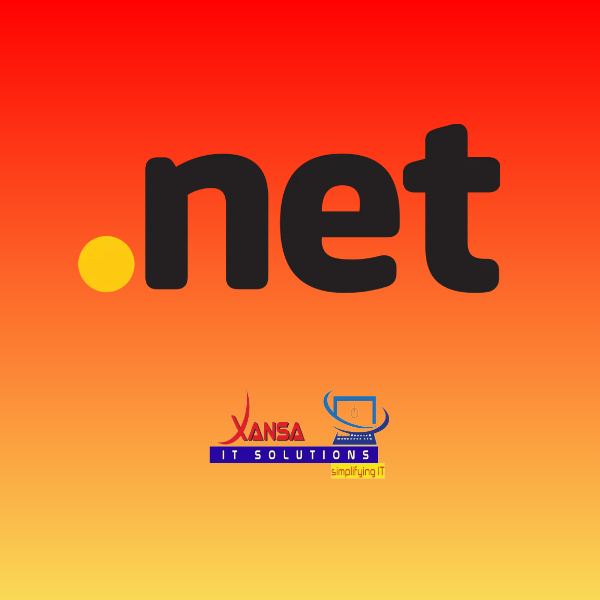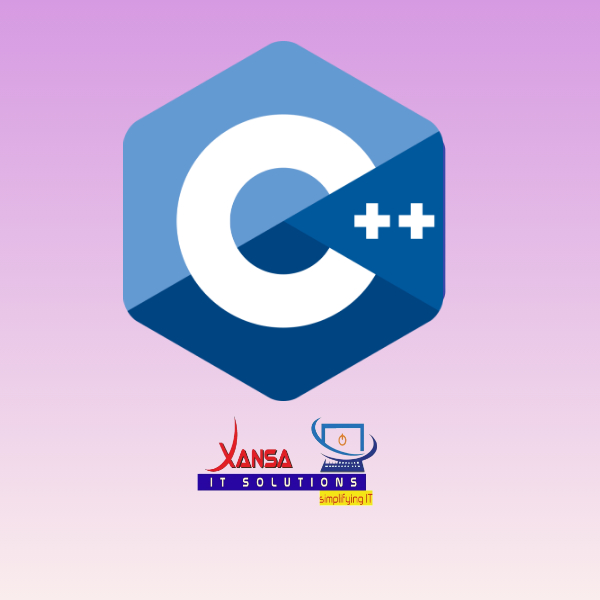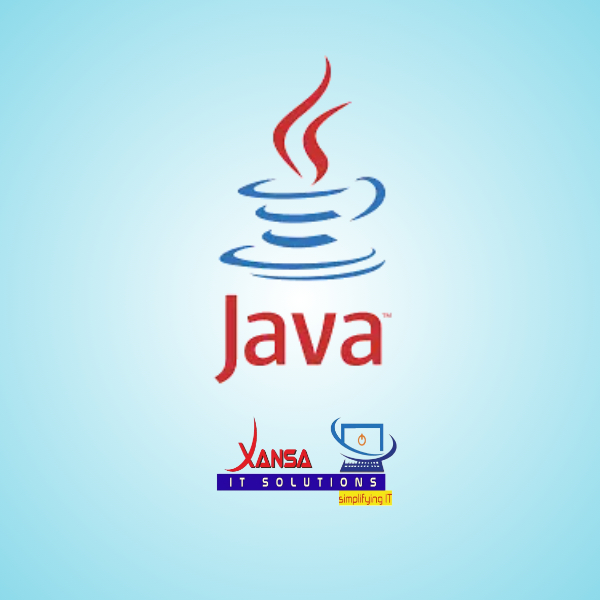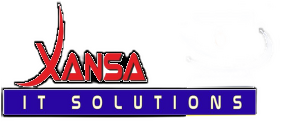Programming Courses - Foundation
About Us
Xansa IT Solutions
Download Catalog
Course Name: Programming in C & C++
- Duration: 60 Hours each
- Who Should Do This: Beginners interested in programming or students planning to dive into computer science and anyone interested in starting with structured programming.
- Prerequisites: None. Logical thinking is a plus.
- Career Options After Learning: Junior Programmer, Software Tester, Embedded Systems Developer.
- Road Map:
- Understanding Basic Syntax and Data Types
- Control Structures (Loops, Conditional Statements)
- Functions and Recursion
- Arrays and Pointers
- Structures and File Handling
- OOP concepts and STL
- Building small projects combining C and C++.
Course Name: Programming in JAVA
- Duration: 90 Hours
- Who Should Do This: Anyone interested in developing scalable applications or Android apps
- Prerequisites: Basic knowledge of programming concepts
- Career Options After Learning: Java Developer, Android Developer, Backend Developer.
- Road Map:
- Java basics, syntax, and OOP concepts.
- Advanced Java (collections, multithreading, exception handling).
- JDBC and database integration.
- Final project and real-world applications.
Course Name: Programming in Python
- Duration: 90 Hours
- Who Should Do This: Beginners and professionals interested in data analysis, web development, or AI/ML.
- Prerequisites: None.
- Career Options After Learning: Python Developer, Data Analyst, AI Engineer.
- Road Map:
- Python basics, syntax, and OOP concepts.
- Advanced Python (Libraries, FIle Handling, modules).
- Database integration.
- Final project and real-world applications.
Course Name: Programming using C#.Net
- Duration: 90 Hours
- Who Should Do This: Students or professionals looking to develop Windows applications, games, or web applications using .NET Framework. Developers interested in working with Microsoft technologies like ASP.NET or .NET Core.
- Prerequisites: Basic programming knowledge. Familiarity with object-oriented programming concepts is a plus.
- Career Options After Learning: .NET Developer, Game Developer (Unity with C#),Backend Developer, Windows Application Developer
- Road Map:
- Introduction to .NET Framework and C# Basics: Variables, data types, control statements, loops, and functions.
- Object-Oriented Programming (OOP)
- Collections and Generics in C#.
- Exception handling and file I/O operations.
- Delegates, events, and lambda expressions.
- Windows Forms and WPF for desktop applications.
- Building and deploying a complete project.
